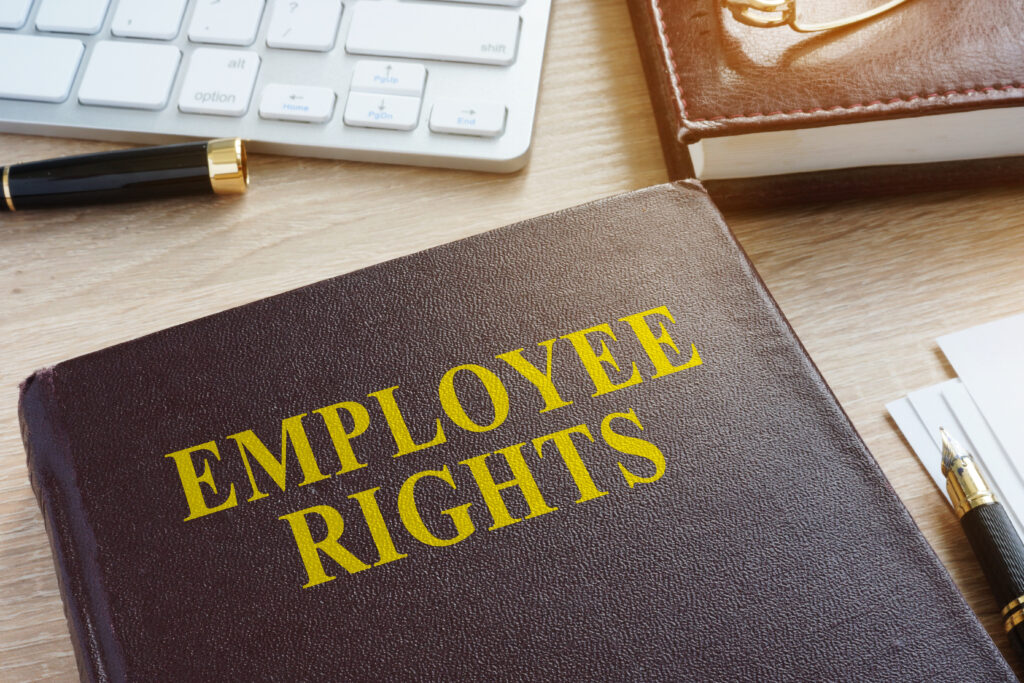For most people the property you own will be your most valuable asset. This in turn makes property at risk of fraudulent activity owing to the value that is attributed to bricks and mortar.
Those most at risk from property fraud are people who do not live in the property full time, so this includes people who rent out their property, those who live abroad, owners of empty or vacant properties and owners of unregistered land. We have previously written able the benefits of land registration (https://www.herrington-carmichael.com/benefits-of-land-registration/) but you can take additional steps to protect your property from being the subject of a fraudulent sale or mortgage.
So, here are some simple ways in which you can better protect yourself from fraudulent property transactions:
- Enure your property is registered.
Any property that was bought or mortgaged after 1998 should be registered, but if the property has been held for longer it could be unregistered. You can apply for voluntary first registration at any time and the Land Registry offer reduced rates for voluntary registrations (as opposed to mandatory registrations on subsequent mortgage or sale of the property).
- Inform the Land Registry if the title to the property contains errors.
For instance, if you own an investment property it is prudent to ensure that your current home or office address is included as an address for service on the title, so that the Land Registry have the correct contact details for you.
- Receive alerts in relation to your property
The Land Registry has recently launched a facility where you can sign up to get property alerts. This facility will warn you if there has been an application made to change the register of your property. This is a free service and although it will not block any applications being made, it will give you an alert when a change has been requested.
- Place a restriction on the title to your property
A restriction is a form of wording that can be registered on your title to the property requiring that you, or your solicitor, gives a certificate to verify that any application made in relation to your property is made with your consent.
For specific legal advice on implementing property fraud protection measures, and any other issues, contact our Real Estate team, alternatively you can email your query to realestate@herrington-carmichael.com call us on 01276 686222 or visit our website https://www.herrington-carmichael.com
This reflects the law at the date of publication and is written as a general guide. It does not contain definitive legal advice, which should be sought as appropriate in relation to a particular matter.









